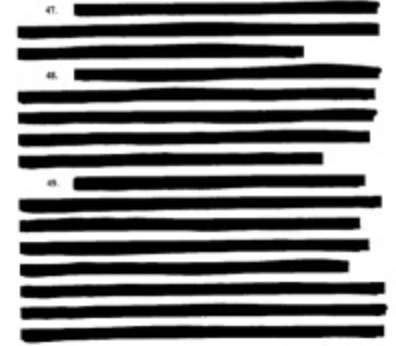
After a new Dutch transparency law was passed by the House of Representatives of the Netherlands in April 2016, the Dutch Minister of Interior asked a consultancy service consisting of civil servants to investigate the implementation costs of the law, which still needs approval from the Senate. The research, consisting of two reports, concluded that the implementation of the new transparency law would cost enormously and therefore not executable.
Open State Foundation requested all related documents, analyses and calculation underlying the investigation. An analysis of the documents reveal that the calculations are based on thin ice. The data show vast differences in the calculation and assumptions between various governments and government departments. Templates that were used are based on a ‘strictly formal-legal’ interpretation, which, as the researchers themselves wrote in their report, ‘contradict the intentions of the proposers of the law’. One of the researchers even wrote in an email: ‘And remember, we are engaged in an exercise that aims to prevent a law coming as such to create an unnecessary workload’.
Benefits for society or for governments themselves of this new transparency law have not been investigated. In addition, a large part of the costs incurred in the reports are based on the existing Archive Act, the current FOIA and overdue government ICT maintenance. Yet, in contrast to a commitment of the Minister of the Interior to the House of Representatives, the researchers did not distinguish between these ‘old’ costs and implementation costs of the new transparency law.
Part 1: Quickscan
Part 2: Quickscan
ICT Investments
